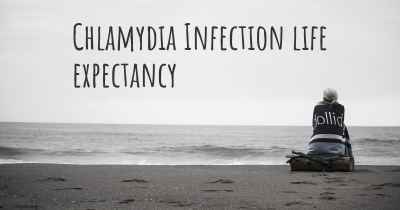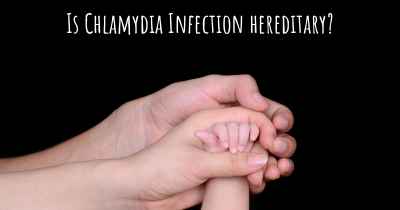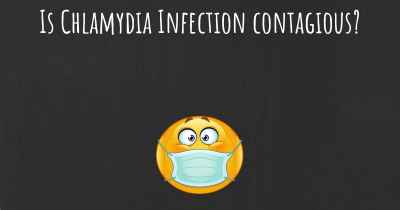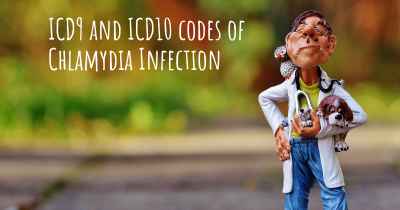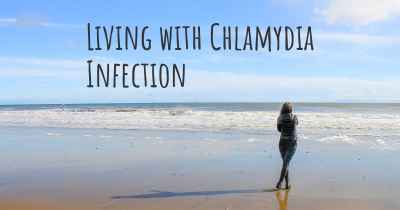What are the best treatments for Chlamydia Infection?
See the best treatments for Chlamydia Infection here

Treatments for Chlamydia Infection
Chlamydia infection is a common sexually transmitted infection (STI) caused by the bacterium Chlamydia trachomatis. It can affect both men and women and often goes unnoticed as it may not cause any symptoms. However, if left untreated, it can lead to serious complications such as pelvic inflammatory disease (PID) in women and epididymitis in men.
Antibiotics
The most effective treatment for chlamydia infection is a course of antibiotics. Antibiotics work by killing the bacteria responsible for the infection. The two most commonly prescribed antibiotics for chlamydia are azithromycin and doxycycline.
Azithromycin: This antibiotic is usually taken as a single dose. It is highly effective in treating chlamydia and has the advantage of being convenient for patients who may find it difficult to adhere to a longer treatment regimen.
Doxycycline: This antibiotic is taken twice a day for a week. It is also highly effective in treating chlamydia and is often used as an alternative to azithromycin, especially in cases where the patient may be allergic to it.
Partner Treatment
It is important that both sexual partners are treated for chlamydia infection to prevent reinfection. Even if the partner does not have any symptoms, they may still be infected and can transmit the infection to others. It is recommended to avoid sexual activity until both partners have completed their treatment.
Follow-Up Testing
After completing the antibiotic treatment, it is crucial to undergo follow-up testing to ensure that the infection has been successfully cleared. This is especially important for individuals who may have engaged in high-risk sexual behavior or have had multiple partners. Follow-up testing can be done through a urine test or a swab sample.
Prevention
Preventing chlamydia infection is essential to avoid its complications and reduce its spread. The following measures can help prevent chlamydia:
- Consistent and correct use of condoms during sexual activity
- Limiting the number of sexual partners
- Regular screening for STIs, especially for individuals who are sexually active
- Open communication with sexual partners about STI status
Conclusion
Chlamydia infection can be effectively treated with antibiotics such as azithromycin and doxycycline. It is important to complete the full course of treatment and ensure that both sexual partners are treated to prevent reinfection. Follow-up testing is necessary to confirm the clearance of the infection. Practicing safe sex and taking preventive measures can help reduce the risk of chlamydia and other STIs.
